
- Home
- DescriptionNews
Thai-developed medical devices improve the lives of patients
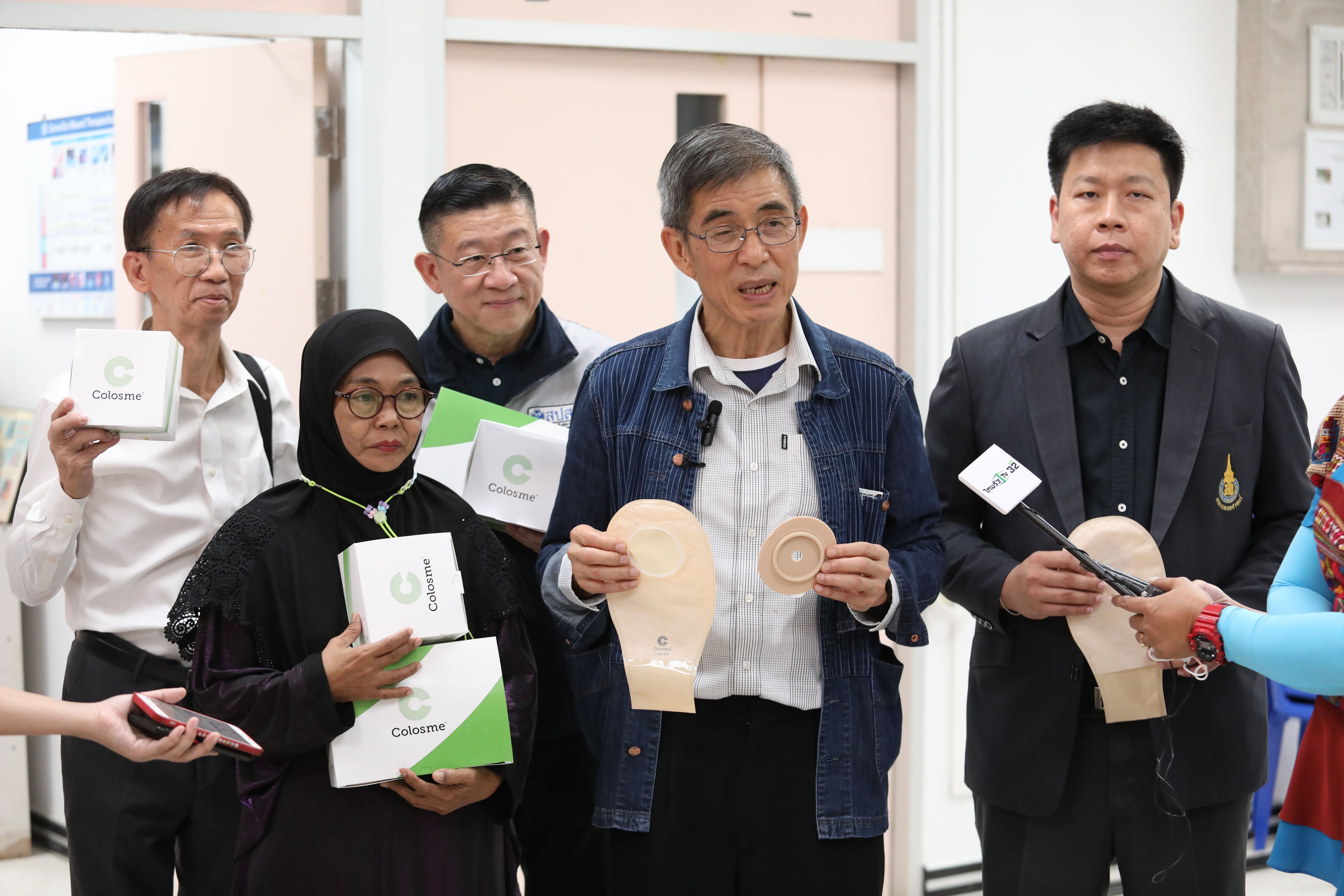
Thai-developed medical devices improve the lives of patients
The use of medical devices developed by Thai innovators positively impacts to the beneficiaries of the Universal Coverage Scheme (UCS) and reduces the government’s health budget.
On 18-19 July, the executive board members of the National Health Security Office (NHSO) visited healthcare facilities in Thailand’s southern Yala and Songkhla provinces to follow up on the progress of providing the UCS beneficiaries with ostomy pouching system and dental implants developed by Thai innovators.
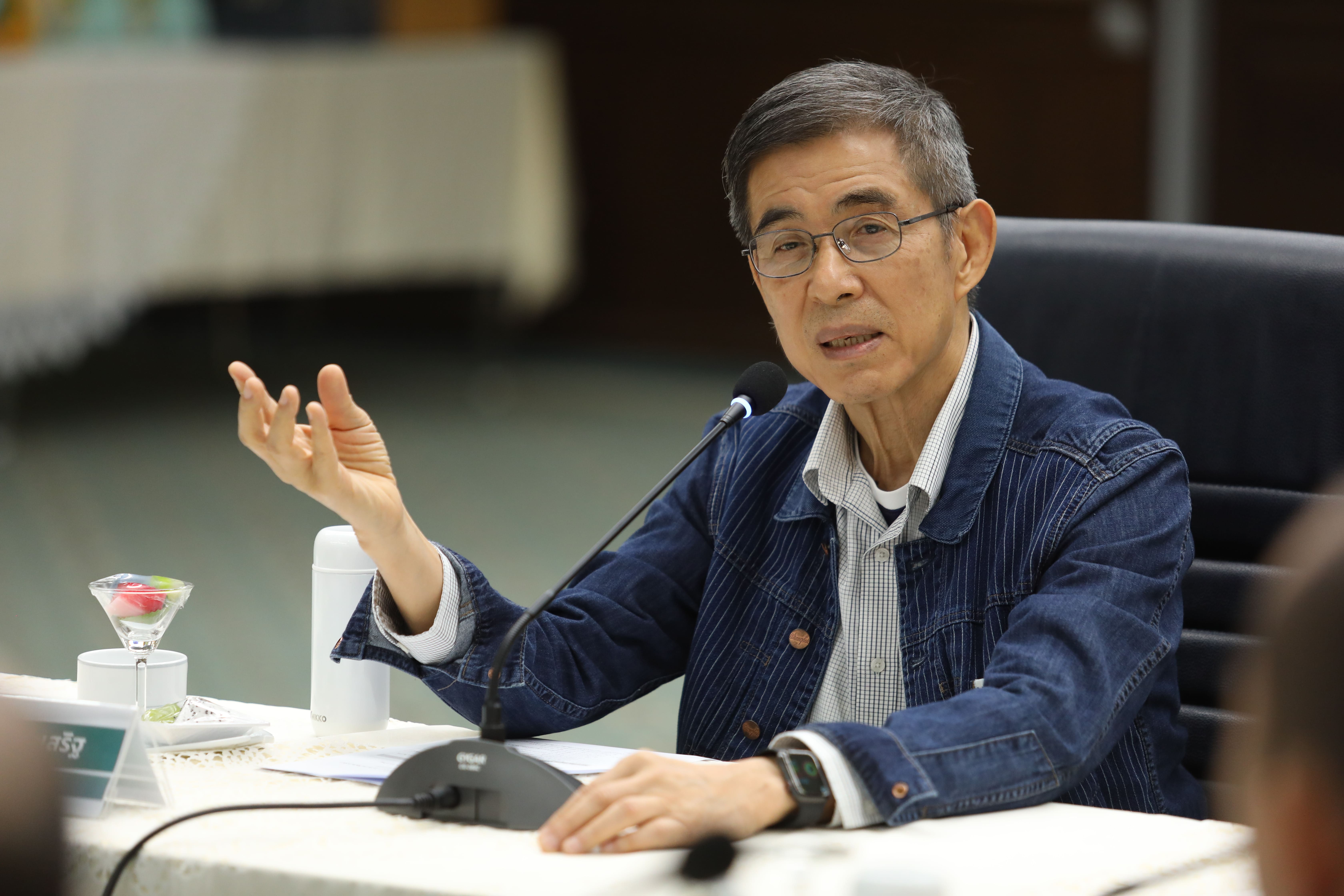
The trip was led by the NHSO board member Dr Suwit Wibulpolprasert and deputy secretary-general Dr Athaporn Limpanyalers.
Thai-developed ostomy and dental implants are included in the government’s Thai Innovations Lists the list of certified goods and services developed or co-developed by Thai innovators.
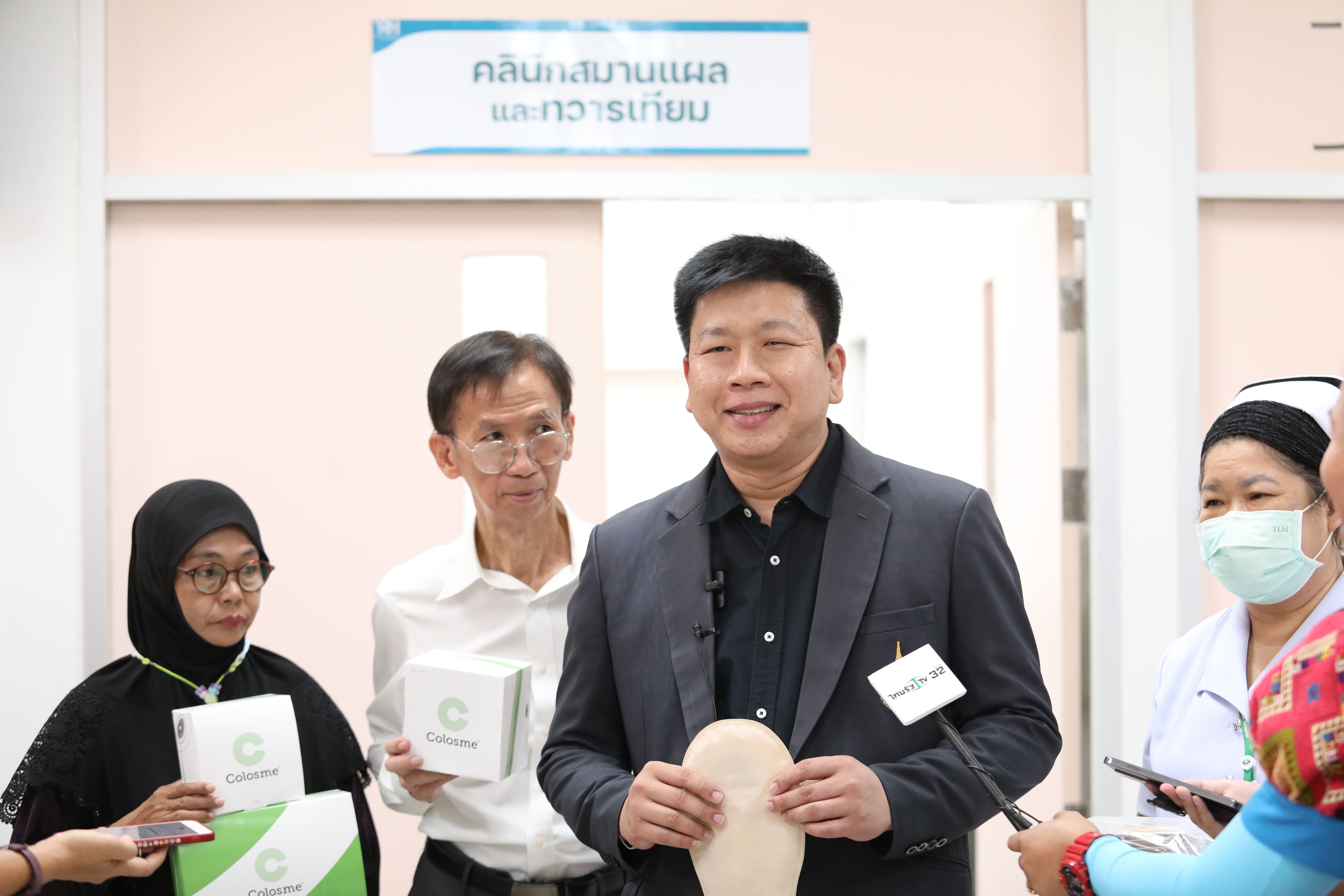
Dr Worawit Wanichsuwan, Director of Medical Science Research and Innovation Institute (MSRI) at Prince of Songkla University, said that his organization had researched and developed the ostomy pouching system for six years, in collaboration with the National Research Council of Thailand (NRCT).
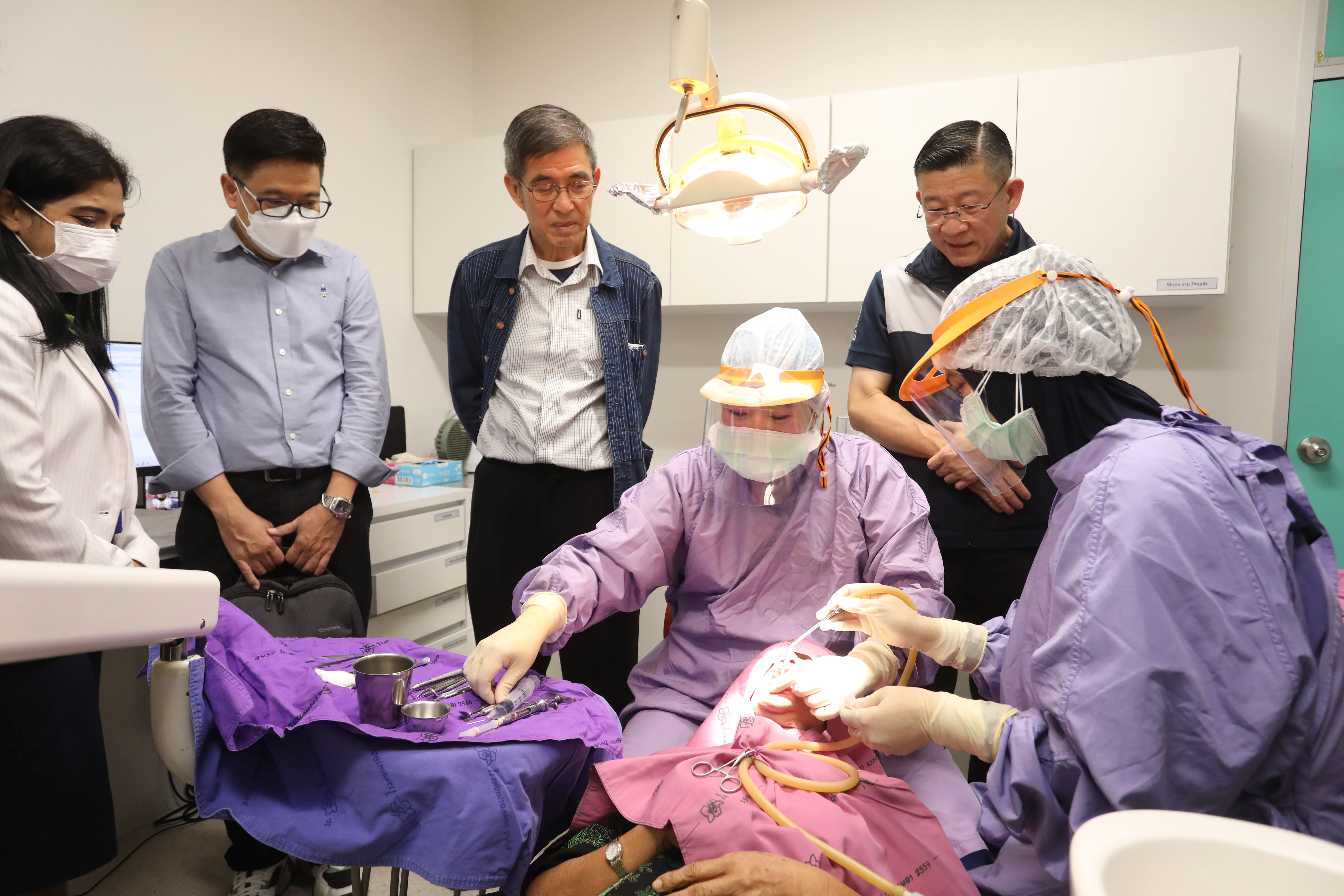
Previously, devices used in ostomy surgery had to be entirely imported from abroad. One patient would require around five devices per month, with an average cost of 250-300 baht each.
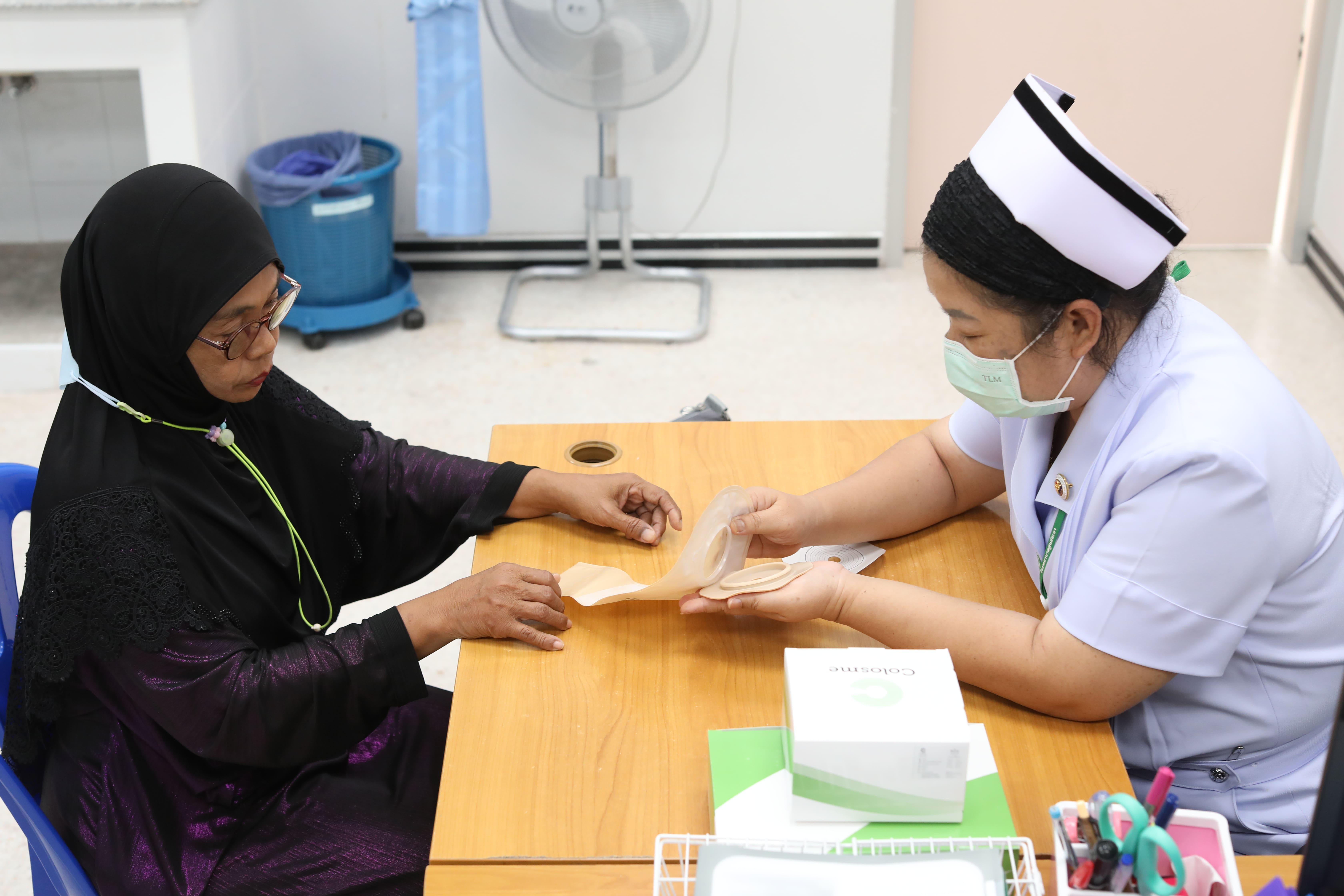
Approximately 54,000 UCS beneficiaries have ostomy surgery. If all 150,000 eligible patients nationwide were to use imported devices, the expense would reach 2.25 billion baht per year.
.jpg)
However, a rubber-made ostomy pouching system produced in Thailand costs around 190 baht. If all patients switch to this product, the government will pay 1.71 billion baht in total — savings of up to 540 million baht.
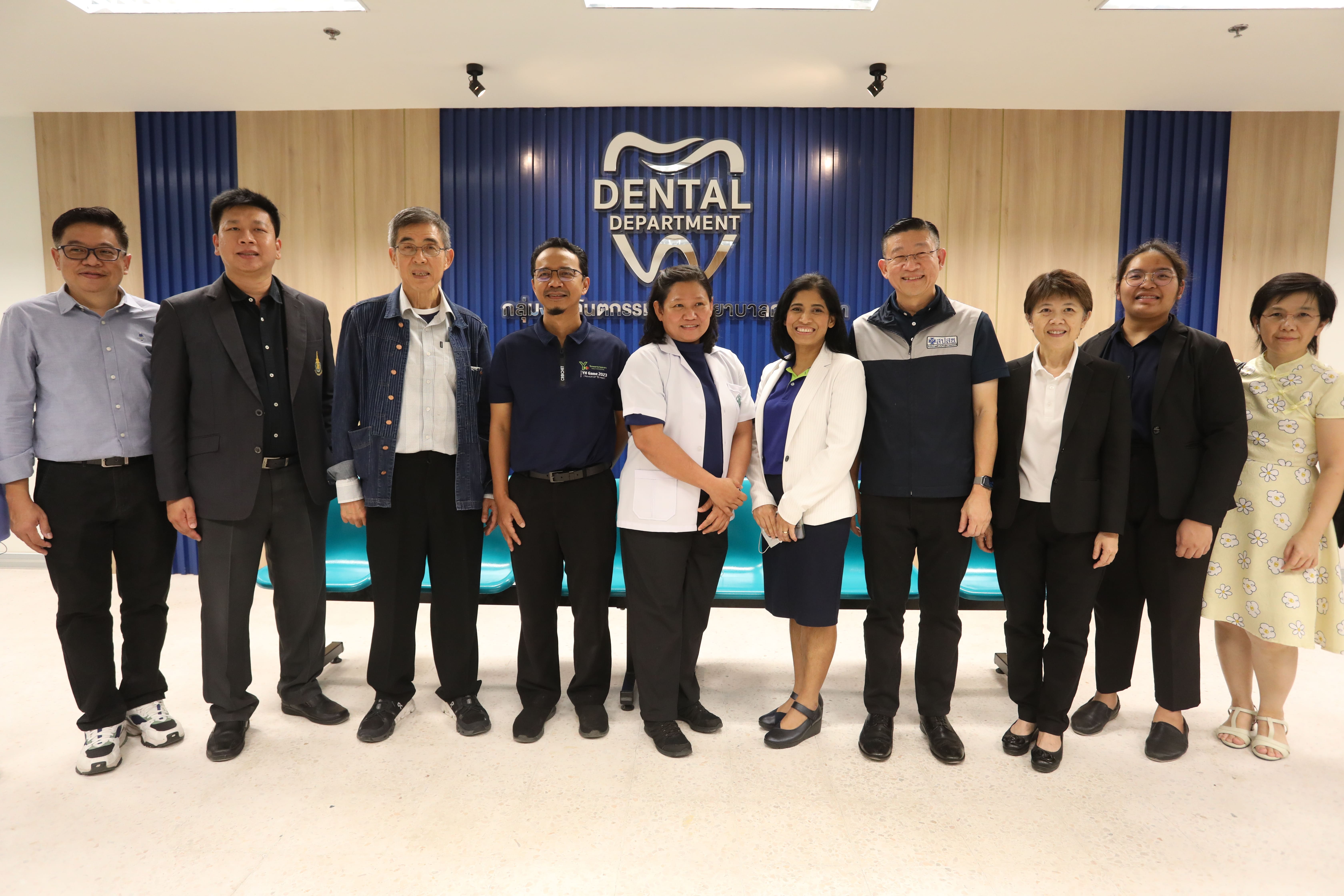
“The use of Thai medical products will significantly reduce public health expenditure,” said Dr Worawit.
"The advantage of our domestically-produced ostomy lies in its use of rubber, which can effectively trap waste. When removing the adhesive tape, it leaves no residue on the skin.
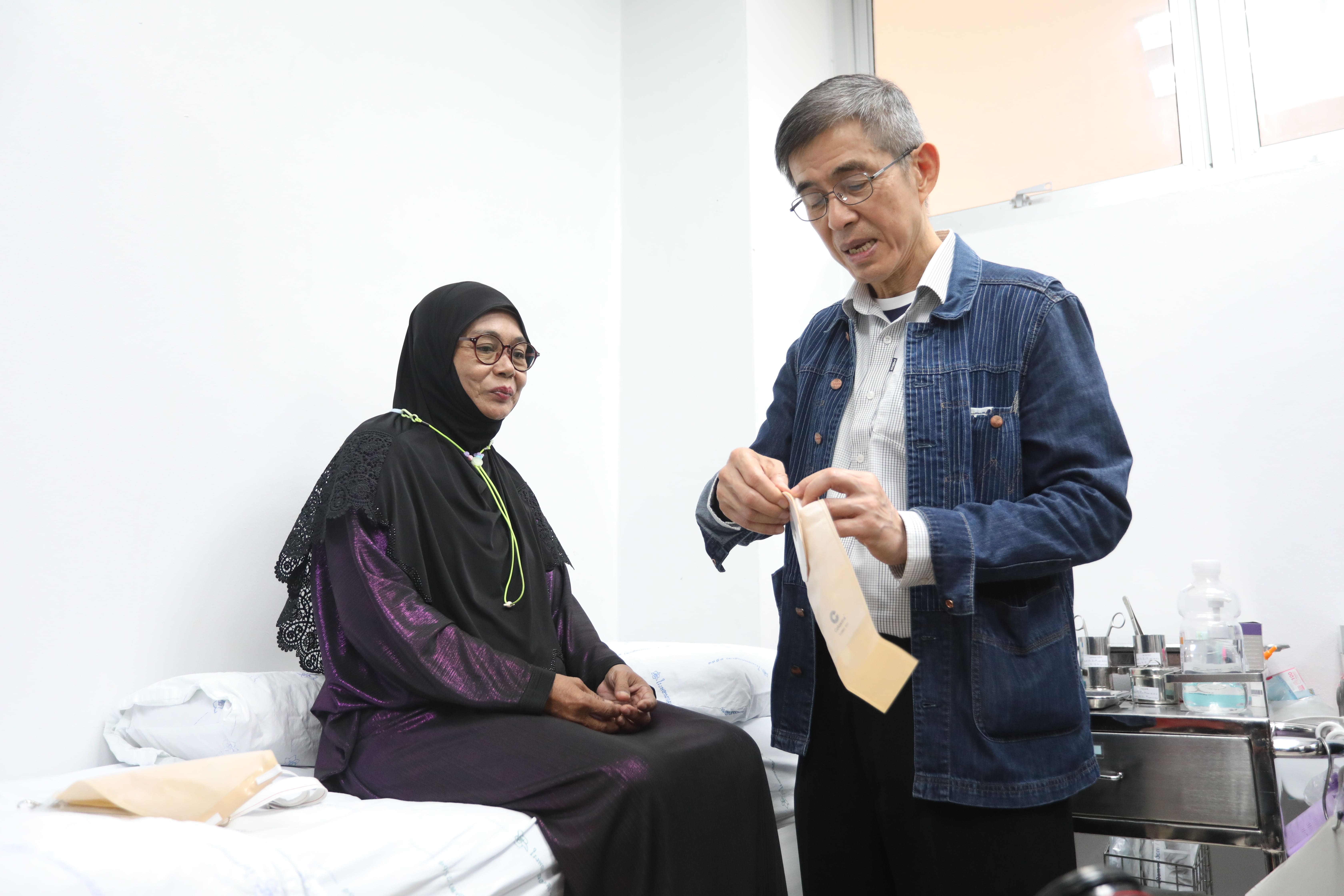
It also has a silicone surface that conforms to the patient's abdomen. In the future, we aim to continue development to provide suitable options for patients.”
The NHSO board member Dr Suwit stated that the NHSO found an ostomy pouching system developed by MSRII suits the need of patients and make use of the availability of rubber in the country, especially in southern Thailand.
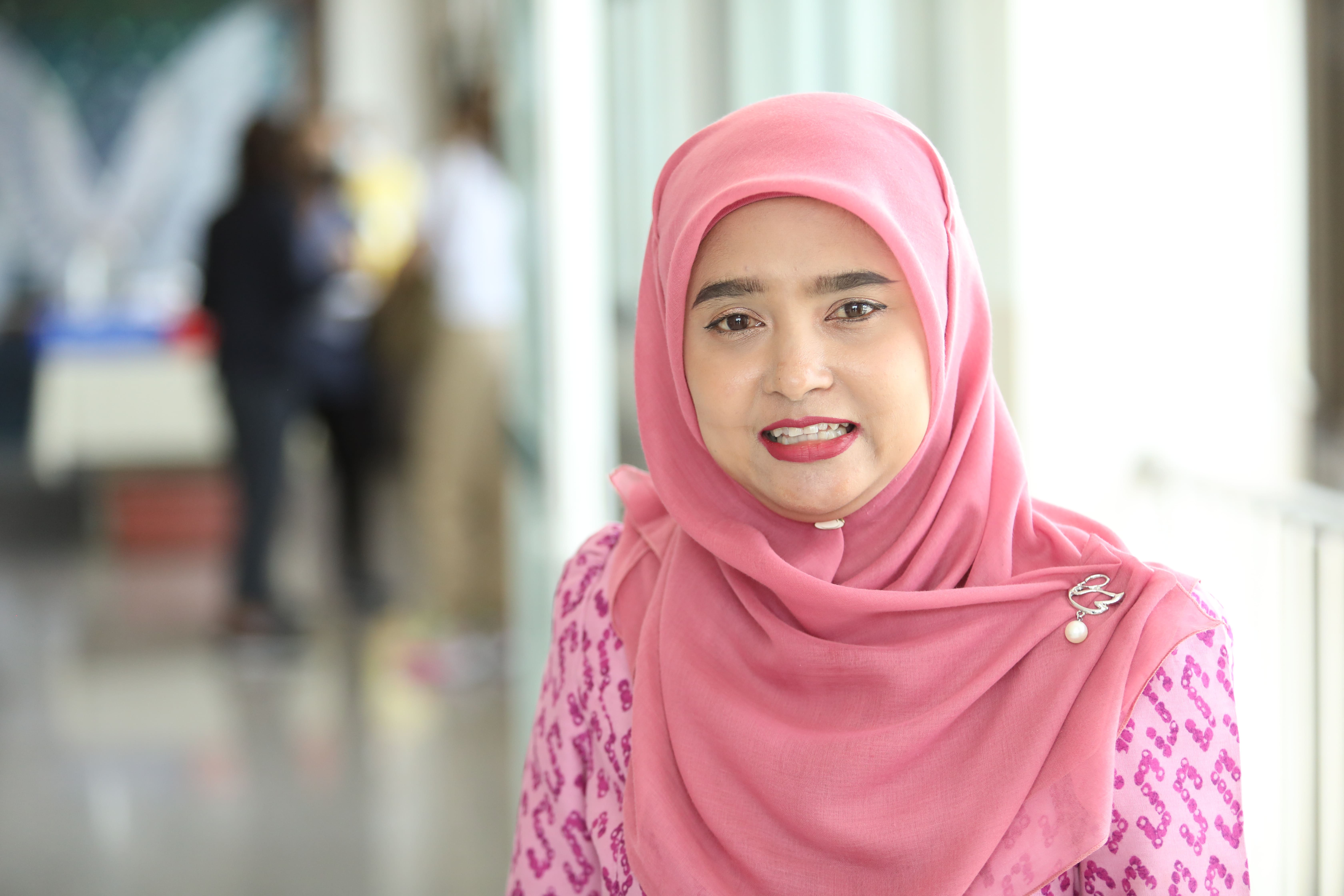
"The device is certified by Food and Drug Administration and reaches all criteria set in the Thai Innovation List. This ensures its high quality and the standard,” he confirmed.
In addition, the NHSO also supports the use of dental implants produced by Thai innovators, allowing the Thai government to widely cover the service in UCS.
Hafsah Gader, 38, said that her 78-year-old bedridden mother has benefited from the UCS and received ostomy surgeries free of charge.
Her mother had her first surgery in mid-June last year, and she can now carry out daily activities normally.
The device is easy to clean and odor-free added Hafsah. She received advice from dedicated hospital staff who provided detailed guidance on usage.
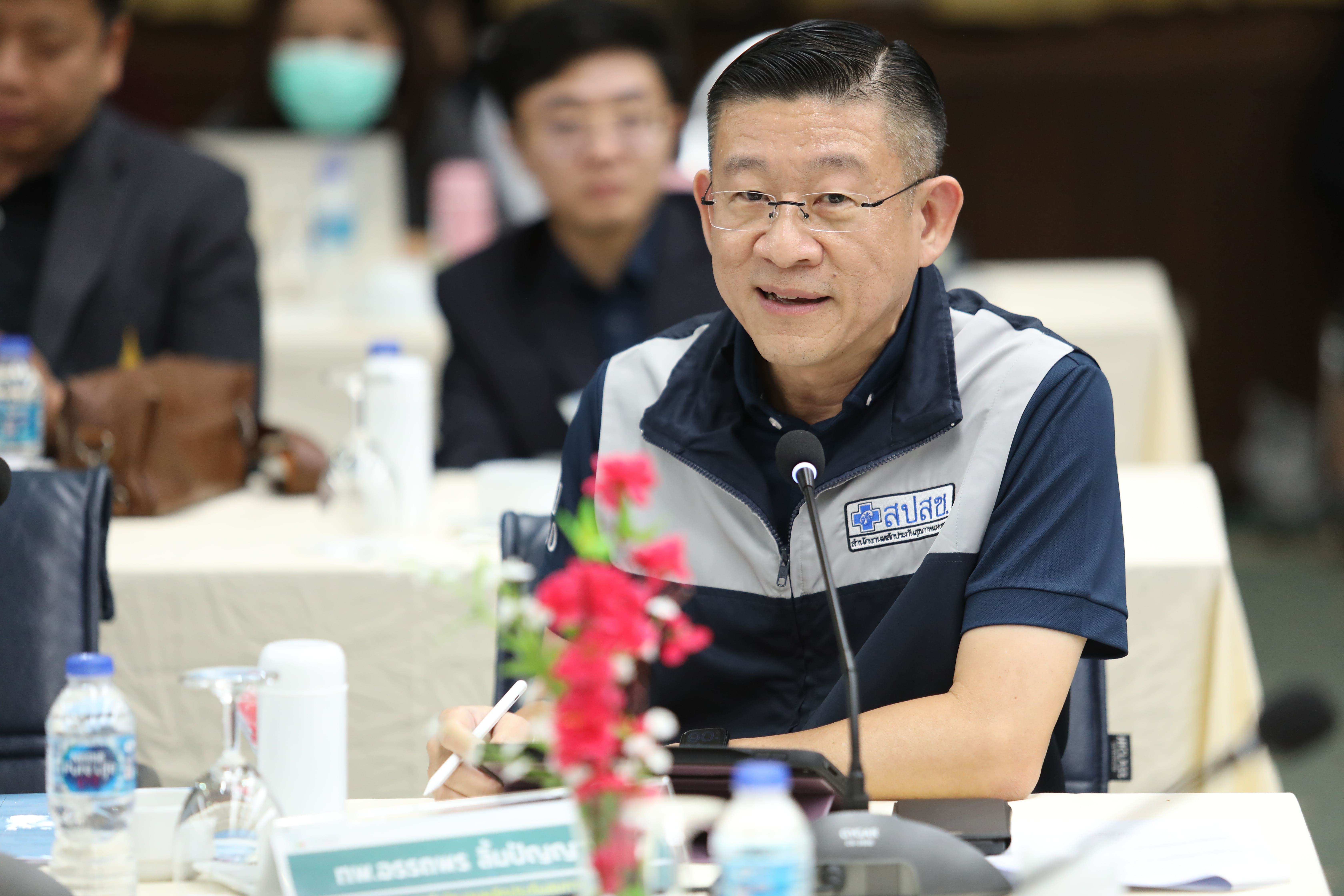
Dr Athaporn emphasized that the NHSO has seen the great importance of using products listed in the Thai Innovation List.
Whenever there is procurement or approval for benefits that involve products from the innovation list, they are chosen first to replace imported products from foreign countries.
This approach encourages the innovators to move to commercial production, which will benefit the country's economic development.
//////////////////////////

